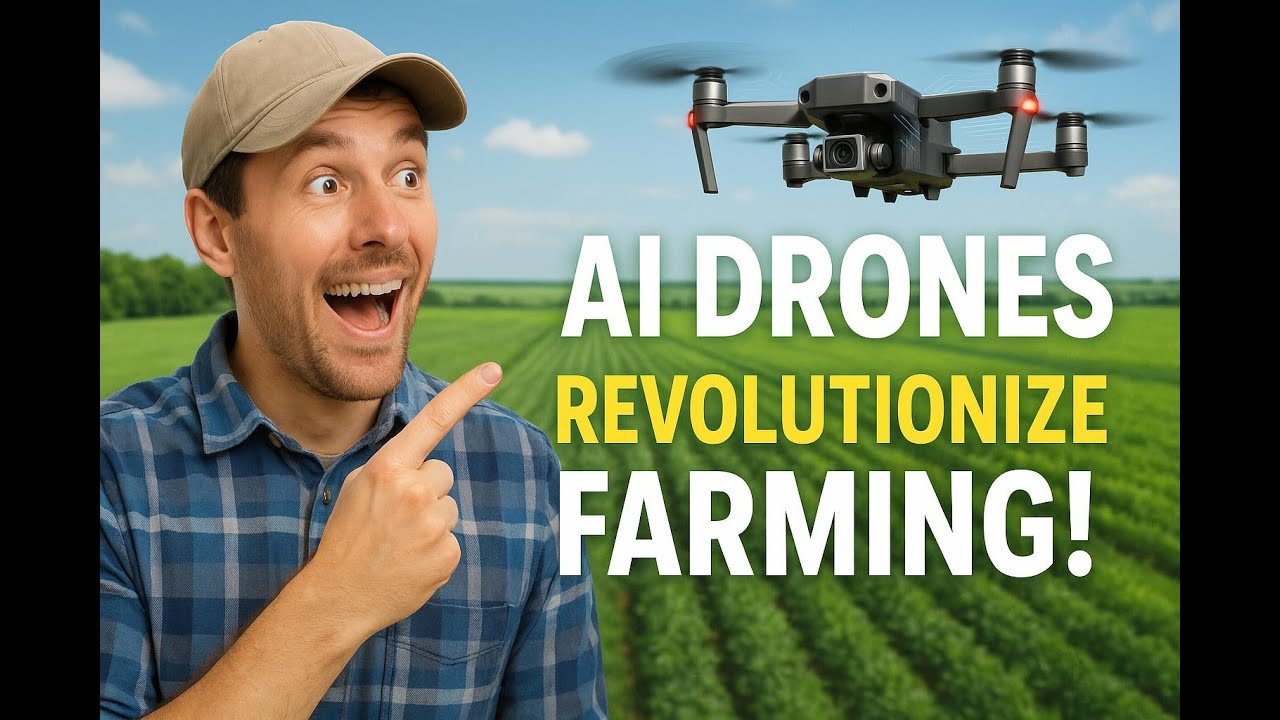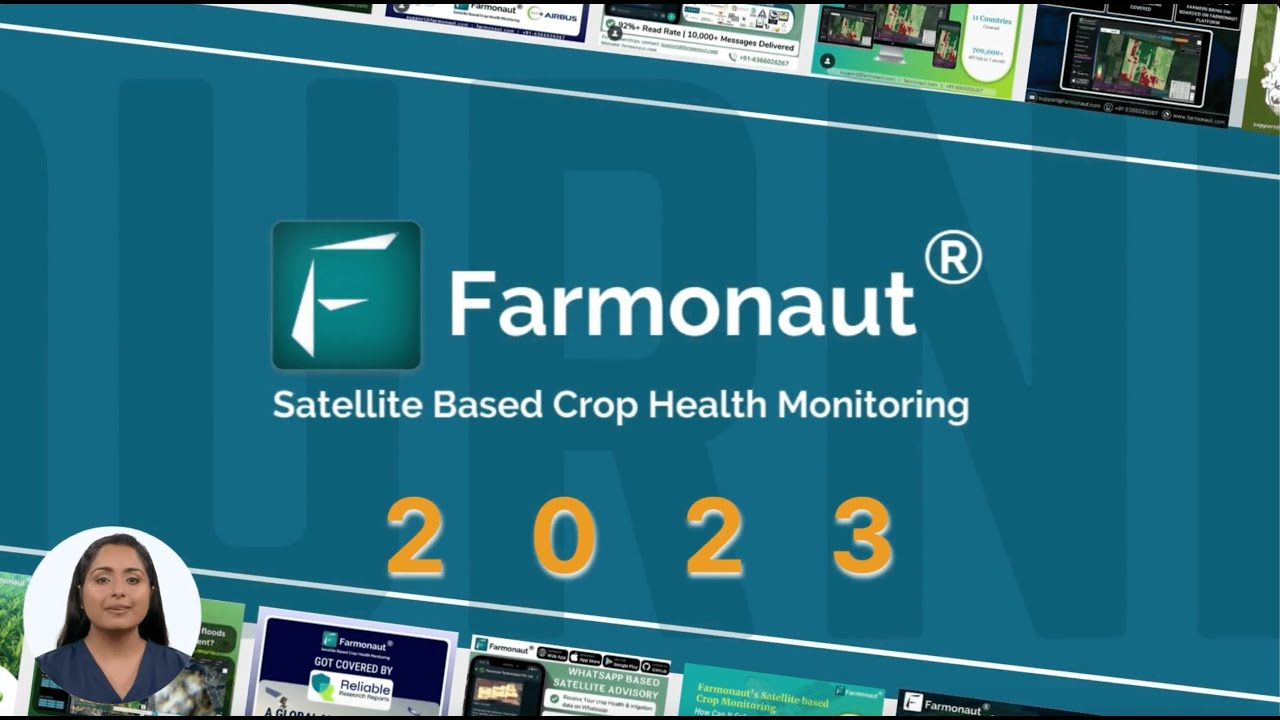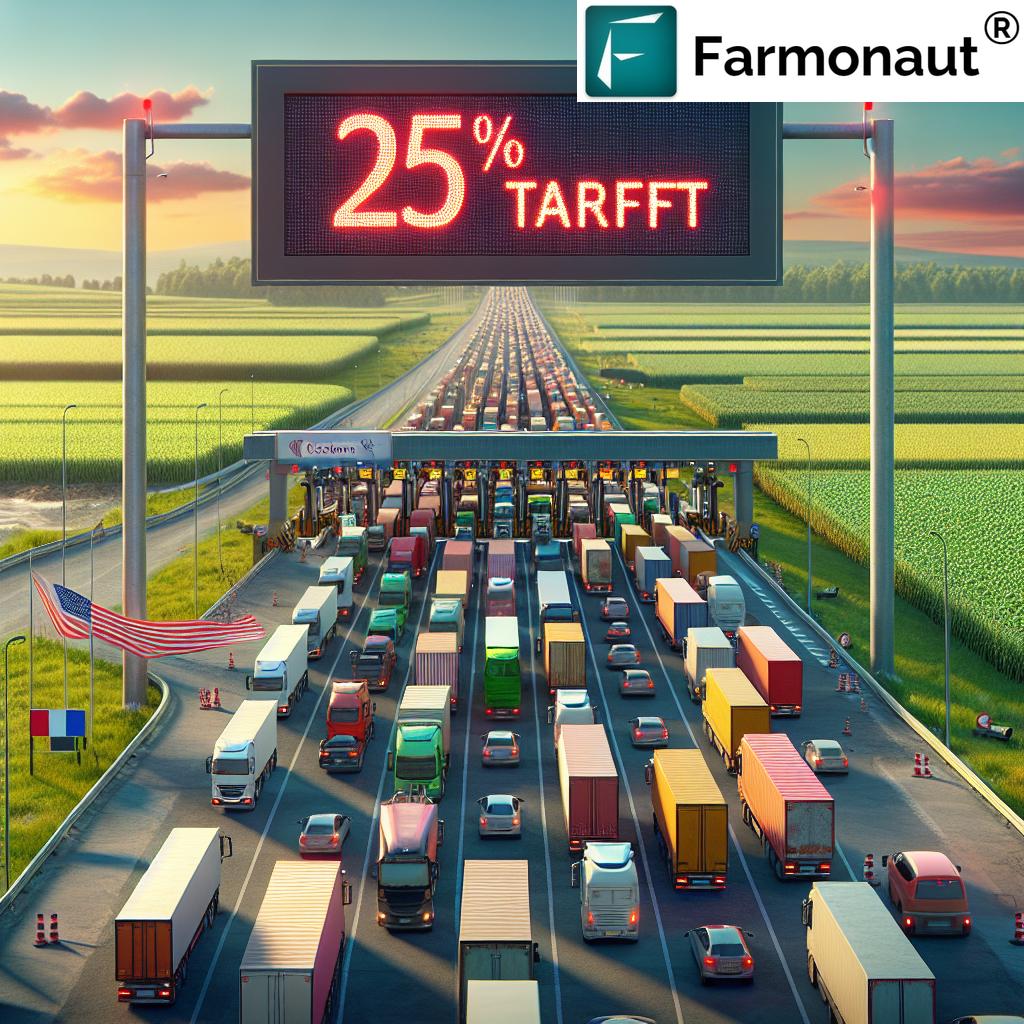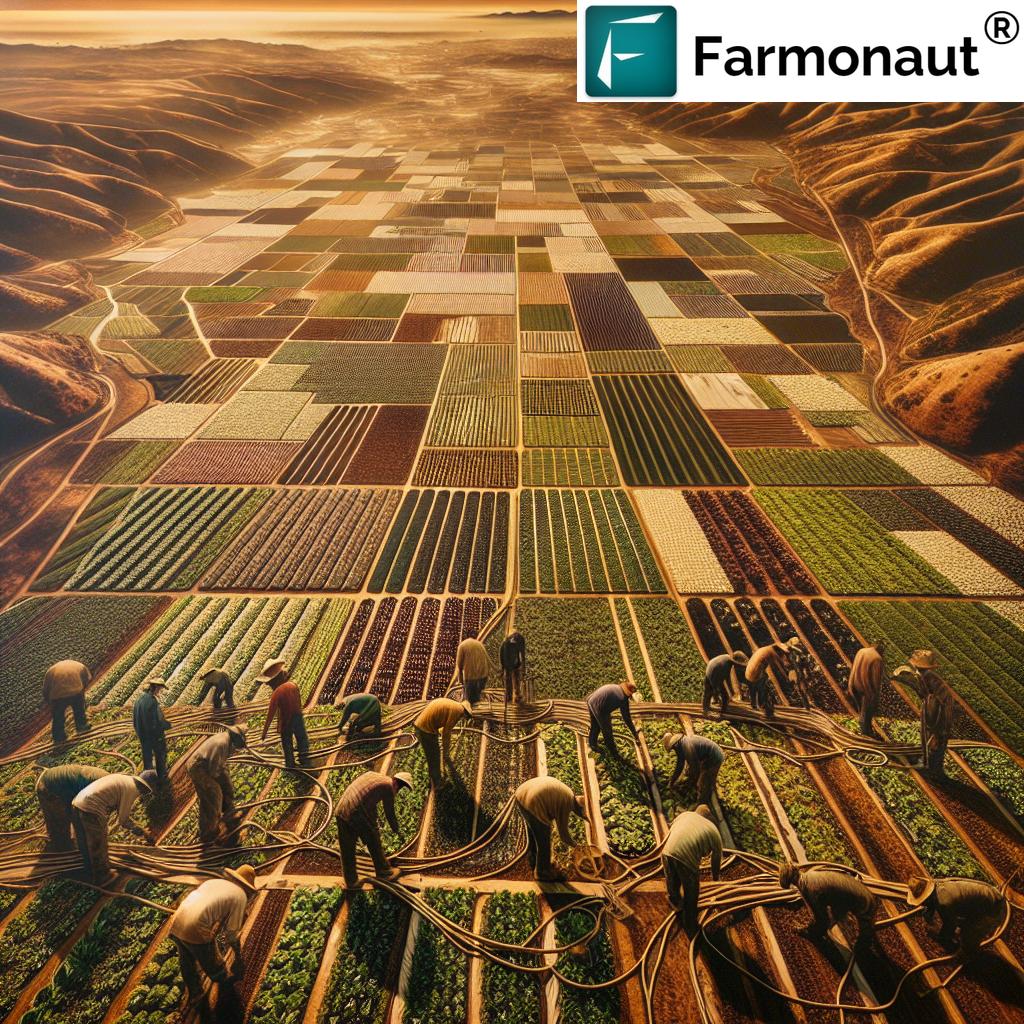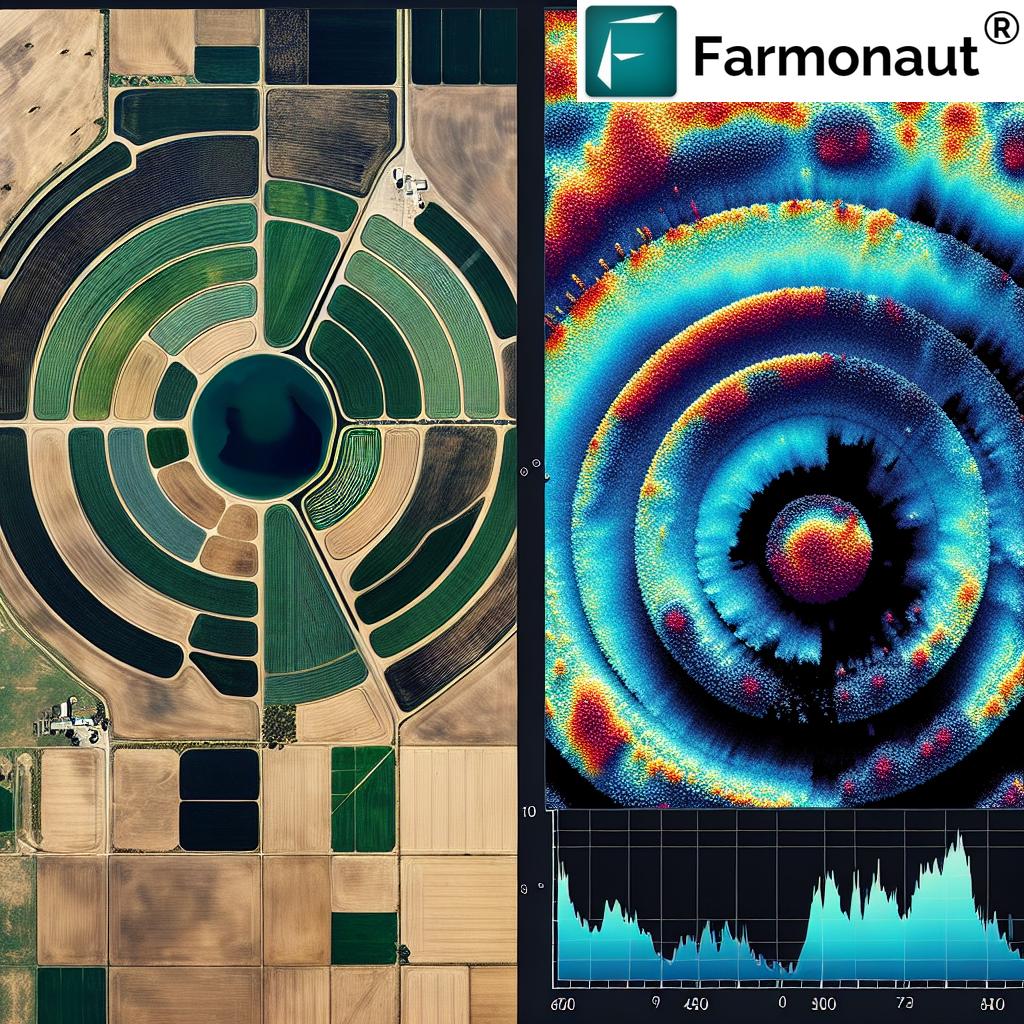US Department of Agriculture Grants for Victoria Farming: Driving Sustainable Innovation & Rural Development in 2025
“In 2025, over $40 million in USDA grants will support sustainable farming and climate adaptation in Victoria.”
Introduction: The Pivotal Role of Agriculture Departments and Grants in 2025
The dawn of 2025 has transformed the landscape of modern agriculture, not only in Victoria but also worldwide. Governments and specialized departments of agriculture now recognize, more than ever, the vital importance of robust agricultural policies and innovative programs that enable farmers, agribusinesses, and rural communities to thrive amid ongoing environmental and economic challenges. Central to this transformation are US Department of Agriculture grants and their counterparts, paving the way for sustainable farming practices, rural development, climate adaptation, and unprecedented innovation in the face of global risk factors.
This comprehensive article explores the significance of US Department of Agriculture grants, the evolving functions of department of agriculture and markets entities, leadership trends within food and agriculture department ministries, and the contributions of specialized agencies toward sustainability, with a distinct focus on the Department of Agriculture Victoria as a model for integrated agricultural support in 2025 and beyond.
US Department of Agriculture Grants: Empowering Victoria Farming for the Future
The US Department of Agriculture (USDA) remains pivotal in strengthening the agricultural sector through a wide range of grants and programs that help farmers and agricultural businesses achieve resilience and foster sustainability. These grant activities include research in sustainable practices, rural infrastructure improvement, conservation projects, renewable energy adoption, and technological integration across farms in Victoria and the United States.
Essential Types of USDA Grants in Victoria for 2025
- Sustainable Agriculture Research & Education (SARE): Funds cutting-edge research on sustainable farming practices, including soil health and crop diversification.
- Community Facilities Direct Loan and Grant Program: Provides vital investment for rural infrastructure and modernization.
- NIFA (National Institute of Food and Agriculture) Programs: Supports research, innovation, and education initiatives in modern agriculture.
- Specialty Crop Block Grants: Encourages production and market expansion for non-traditional and high-value crops in Victoria.
- Rural Energy for America Program (REAP): Incentivizes renewable energy integration and energy efficiency upgrades on Victoria’s farms.
- EQIP (Environmental Quality Incentives Program): Champions soil and water conservation projects, helping farmers address climate adaptation needs.
Why Are These Grants So Critical?
The role of USDA grants has never been more significant. In 2025, these programs are increasingly targeted toward sustainable development and climate adaptation. For Victoria’s agricultural sector, that means an expanded focus on:
- Soil health improvements: Supporting regenerative practices and carbon sequestration projects
- Water conservation and resource management: Funding technological adoption and efficient irrigation
- Renewable energy: Encouraging the shift to solar, wind, and bioenergy for rural economies
- Diversification and organic farming: Enabling farmers to transition to specialty and organic crops
- Enhancing market access: Providing digital solutions and extension services to reach new consumers
Victoria’s farmers, cooperatives, and rural communities can gain financial support to reduce operational risks, expand production efficiency, and improve overall resilience against environmental and economic volatility. The focus on climate-smart agriculture, organic processing, and value-added initiatives is now central to USDA’s vision for sustainable growth in Victoria’s farming sector.
2025 USDA Grants for Victoria: Comparative Sustainability Impact Table
To make informed decisions about which US Department of Agriculture grants are most advantageous, Victoria’s farmers and agribusinesses need a clear comparison of funding options. The table below summarizes key grant programs available in 2025, their funding levels, eligibility, and sustainability advantages for Victoria’s agricultural communities.
“USDA grants have boosted rural development by 18% in Victoria, advancing resource conservation since 2022.”
Department of Agriculture and Markets: Regulating Food Systems & Markets in Victoria
The Department of Agriculture and Markets serves as an essential regulatory and promotional body, ensuring that food safety, market access, and fair trading practices are maintained. Its functions in 2025 are even more expansive in Victoria, addressing evolving digital markets and the need for transparent, efficient agri-supply chains.
Key Functions and Importance of Agriculture and Markets Departments
- Overseeing food safety protocols and standards to protect consumers
- Promoting equitable market access for new and existing farmers
- Enabling secure digital market platforms for both buyers and sellers
- Enhancing traceability from farm to fork, mitigating risk of contamination
- Providing farmer education, training, and extension services on compliance and market trends
This regulatory role ensures robust food systems that can adapt to new consumer preferences, biosecurity threats, and climate risks facing global agriculture.
Digital Traceability & Blockchain Solutions
Digital transformation is at the heart of the department’s approach in Victoria. By leveraging advanced technologies—including blockchain-based traceability solutions (like those offered by Farmonaut)—farmers and food processors now ensure authenticity and safety at every step of the supply chain. This innovation in the food and agriculture department landscape fosters enhanced consumer confidence and expands market opportunities for specialty and organic produce.
Department of Agriculture Leadership: Steering Policy, Research, and Innovation
Department of agriculture leaders in 2025 are challenged to balance agricultural productivity with sustainability, equity, and climate risk mitigation. Their visionary leadership is vital for:
- Integrating scientific research with real-world policy
- Building partnerships among public agencies, research institutes, and the private sector
- Promoting digital literacy and technological adoption in rural and urban communities
- Ensuring underrepresented groups (women, minority farmers) are included in grant and education programs
The department of agriculture leader fosters a strong, innovative, and sustainable sector ready to tackle complex challenges beyond 2025.
Modern Educational & Extension Programs Empowering Victoria’s Communities
Through education and extension services, Victoria’s agricultural departments enable stakeholder engagement, helping farmers understand best practices, digital adoption, market requirements, and grant eligibility. Leveraging data-driven advisory systems (such as Farmonaut’s AI-based Jeevn Advisory System), leaders increase farm management efficiency while empowering community-wide, inclusive growth.
Department of Agriculture Agencies: Specialized Support for Modern Farming & Forestry
Within agriculture ministries, specialized agencies provide targeted support including forestry, conservation, disaster recovery, and precision agriculture:
- Forestry agencies: Maintain sustainable forest management, reduce wildfire risk, and lead carbon sequestration efforts in rural Victoria.
- Extension agencies: Translate research into actionable farming practices on the ground.
- Disaster aid and risk reduction: Guide recovery post drought, flood, or pest outbreaks.
- Precision agriculture and digital monitoring: Adopt satellite, drone, and AI solutions for yield prediction and efficient resource usage.
In 2025, these agencies collaborate closely and leverage cutting-edge tools to boost sector-wide resilience.
Resource Management Tools for Compliance & Sustainability
With increasing regulatory requirements and a higher bar for sustainability, Victoria-based agricultural agencies depend on advanced solutions for:
- Satellite-based monitoring of crop health and water resources
- Blockchain-based traceability for supply chain transparency
- Environmental impact tracking (see Farmonaut’s Carbon Footprinting Platform) for compliance and reporting
Case Study: Department of Agriculture Victoria – A Model for Integrated Agricultural Support
The Department of Agriculture Victoria stands as a global model for holistic, data-driven, and inclusive agricultural support. In 2025 and beyond, its focus reflects the world’s most advanced strategies in strengthening sustainable farming systems. Core functions and strategic goals include:
- Biosecurity protection: Preventing pest and disease incursions through research and border management
- Market and regulatory support: Ensuring high standards for agricultural exports and domestic trades
- Promoting innovation: Funding research for regenerative agriculture, climate adaptation, and new bio-based industries
- Aligning stakeholders: Working closely with farmers, scientists, and businesses on research and extension projects
Victoria’s approach includes climate adaptation strategies, soil health restoration, and investment in emerging sectors like renewable energy and specialty crops. Its success demonstrates how government departments of agriculture can enable both large and small producers to thrive amid evolving global challenges.
Evolving Development Priorities for Victoria in 2026 & Beyond
- Evidence-based policy: Conducting ongoing research into climate impacts, biodiversity, and digital farming for resilient policy formation
- Investment in young farmers: Supporting next-generation agricultural leaders through dedicated grant programs
- Fostering rural economic growth: Creating jobs in agri-food tech, value-added processing, and green energy
Victoria’s alignment of regulatory oversight, grant funding, and innovation is a blueprint for departments of agriculture worldwide to continue advancing sustainable, resilient, and profitable farm economies.
Satellite-Powered Sustainability: Farmonaut’s Technology for Victoria & Beyond
As sustainable agriculture evolves, technology and data become crucial for enabling robust grant management, compliance with regulatory demands, and optimizing resource use for maximum impact. At Farmonaut, we are committed to making satellite-driven insights affordable and accessible for farmers, agribusinesses, and government agencies globally, including Victoria.
- Satellite-Based Monitoring: We help users monitor crop health, soil conditions, and resource use with multispectral images, supporting informed grant applications and decision-making.
- AI and Jeepn Advisory System: Our real-time platform delivers AI-powered recommendations for farming operations, maximizing efficiency and aligning with grant program objectives.
- Blockchain-Based Traceability: We facilitate transparent supply chains for Victoria’s specialty crop and organic producers, improving consumer trust and export market competitiveness.
- Fleet & Resource Management: Our fleet management tools enable large-scale operations to reduce costs, improve logistics, and enhance farm safety—all essential for grant reporting.
- Carbon Footprinting & Environmental Impact Monitoring: We provide carbon footprint monitoring (carbon accounting tools) for compliance with sustainability grants.
- Financing & Insurance Support: Via satellite verification, we support loan and insurance applications for Victoria’s farmers.
- Scalable Management for Large & Small Farms: Our large scale farm management system fits cooperatives, agribusinesses, and agencies.
- Crop Plantation & Forest Advisory: Via Jeevn AI, we offer advanced advisory for planting, forestry, and soil restoration efforts in Victoria.
We offer these services through secure APIs as well. Developers and businesses gain seamless access to satellite analytics, automating their compliance and resource management workflows. See our detailed API docs at Farmonaut API Developer Documentation.
FAQ: US Department of Agriculture Grants & Victoria Farming
- What are the eligibility criteria for USDA grants in Victoria?
- Eligibility varies by program. Most require applicants to be Victoria-based farmers, agribusinesses, cooperatives, or research institutions complying with USDA and local regulatory requirements. Some grants favor projects promoting sustainability, renewable energy, or specialty crops.
- How do USDA grants help sustainable agriculture in Victoria?
- USDA grants fund practices such as soil conservation, energy-efficient farming, digital technology adoption, crop diversification, and value-added processing—each contributing to climate adaptation, resource efficiency, and resilience against environmental challenges.
- How can farmers monitor their project’s sustainability progress for grant reporting?
- Farmers can use real-time satellite monitoring and AI-advisory systems to track soil health, water use, and carbon footprint, enhancing grant compliance and outcome reporting. Farmonaut’s satellite solutions help ensure accuracy and transparency in documentation.
- What is the benefit of blockchain traceability for Victoria’s specialty farmers?
- Blockchain-based traceability secures transparent records of each step of food production and distribution, ensuring market access, food safety, and consumer trust. It is increasingly required for grant-supported specialty and organic products seeking export markets.
- Are digital and satellite solutions affordable for small farms?
- Yes. Providers like Farmonaut offer subscription-based and scalable service models, making satellite data, AI advice, and precision resource management cost-effective and accessible to both smallholder and large-scale Victoria farms.
Conclusion: Strengthening Victoria’s Agricultural Future
Looking forward to 2026 and beyond, the US Department of Agriculture grants and the Department of Agriculture Victoria remain the cornerstone of a robust, sustainable, and resilient farming sector. Their unwavering support for innovation, community development, and climate-smart agriculture positions Victoria as a global leader in tackling 21st-century challenges.
By leveraging advanced monitoring, traceability, and resource management tools, Victoria’s farmers and agribusinesses can maximize grant impact, reduce environmental risks, and ensure ongoing profitability. As satellite-driven technologies like those from Farmonaut are increasingly integrated into grant programs, Victoria’s agricultural communities will continue to thrive amid evolving environmental and economic challenges.
We invite Victoria’s agricultural stakeholders to explore grant options, adopt sustainable practices, and harness cutting-edge digital tools to secure a prosperous, resilient, and sustainable future.







